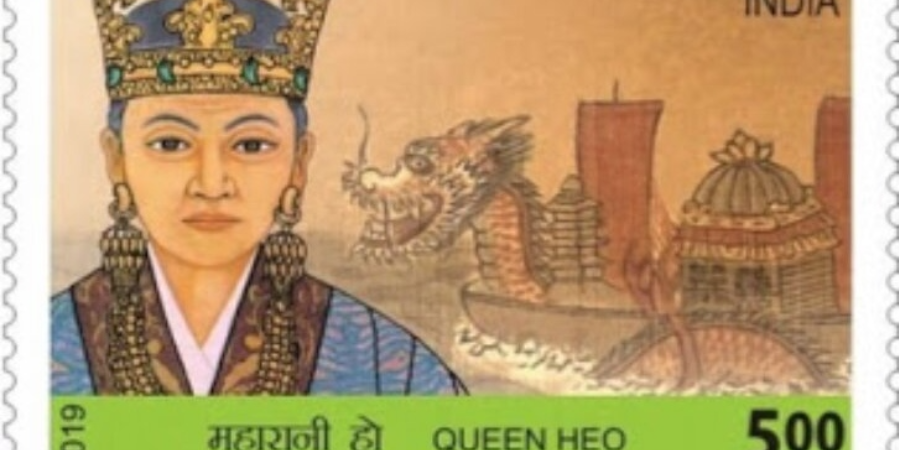

Fascinating threads connect far-off places and cultures in the mosaic of ancient history, creating a tapestry of interaction and shared legacy. The fascinating relationship between the rich cultural legacy of Tamil Nadu, southern India, and the fabled Korean princess Heo Hwang-ok is one example. Come explore the mysterious connections between Heo Hwang-ok and Tamil Nadu as we reveal a tale spanning generations and continents.
The legendary figure Heo Hwang-ok, also called Suriratna rises to prominence from the pages of folklore. She was a princess, so the tradition goes, from the ancient Tamil kingdom of Ayodhya who set out on a sea voyage that took her all the way to the coast of Korea. It is said that a supernatural dream in which she was summoned to marry Kim Suro, a Korean prince, is what motivated her to travel to Korea.
The specifics of Heo Hwang-ok's voyage are still lost in legend, but her tale serves as a symbol of the cross-cultural interactions that took place on historic sea routes. It's interesting to note that Tamil Nadu, with its rich maritime heritage and dynamic culture, was essential in promoting trade and communication between India and East Asia, especially Korea.
parallels in Foods, Language, and Cultures: There are word parallels between Tamil and Korean concerning body parts, agriculture, and family dynamics. Rice is regarded as a basic dish in Korea. They share rice-based sweets like Adhirasam, just like the Tamils do, on special occasions like a child's birth or a housewarming celebration.
In Tamil Nadu, women continue to participate in diving activities. In a similar vein, ladies were observed engaging in this type of sea diving in South Korea's southern coastline region (Narasiah, 2005). In Tamil Nadu as well as Korea, meat is served during the ceremonies of death. In Tamil Nadu's rural areas, people practice ancestor worship, or Munnoor Vazhipaadu. As a sign of reverence for their ancestors and their spirits, rice, meat, and fruits are served in front of an altar on that day. Ancestor worship, or "Jesa," is also prevalent in Korea.
Let us continue to build links, span continents, and weave a tapestry of togetherness that embraces the diversity of the human experience, all in the spirit of Heo Hwang-ok and the eternal legacy of cultural exchange. We strengthen the fabric of our common humanity and create relationships that will last for future generations when we embrace our differences and celebrate our similarities.
